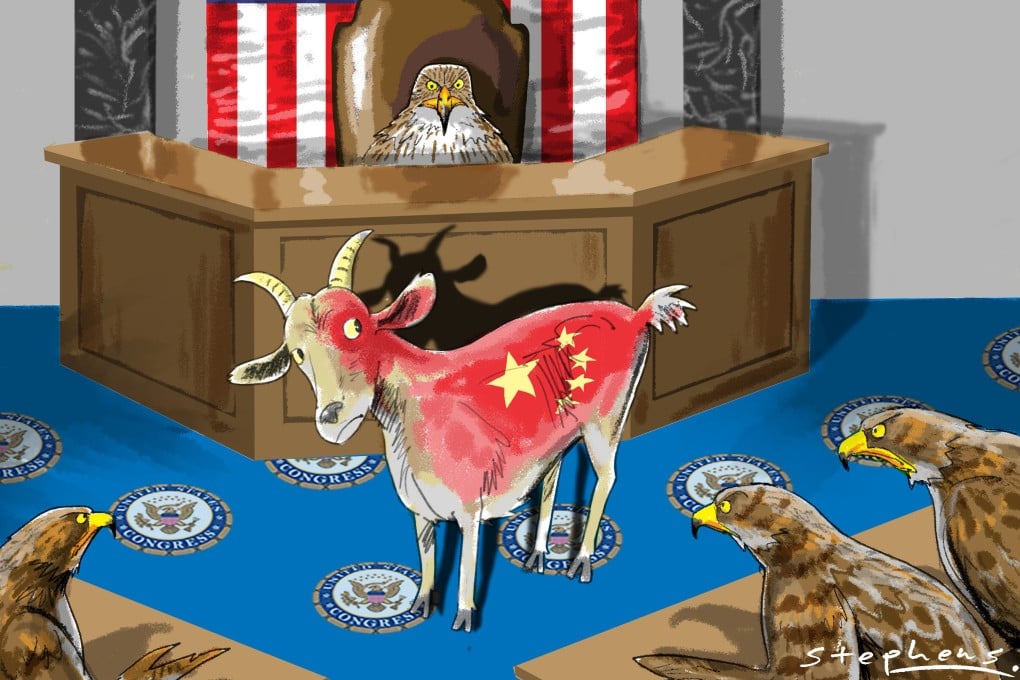Opinion | Asian racial scapegoating is rife in American politics. Lawmakers need to call a halt
- Hate crimes against all Asian-Americans have soared due to vitriol incited against China by destructive political rhetoric and the plague of racialisation in the American conscience. When we look at Congress, we can see why

This phenomenon is not new. Rather, it is a prominent thread stitched into our nation’s history, from the Chinese Exclusion Act and Japanese internment camps to the “red scare” and McCarthyism.
Today, the echoes of these racist policies are heard in the halls of Congress, where campaign fundraisers fuel anti-Asian sentiment and the congressional record is populated with bad faith bills targeting China.
Within the layered legacy of American xenophobia, white fear of the “yellow peril” is of particular contemporary significance. Since before World War II, Japan, China, Korea and Vietnam have each become the subject of American military and economic anxieties.
As a consequence of hawkish foreign policy and racial animosity towards Asians, Asian-Americans were, and still are, targeted for their perceived connection to the countries that some in Washington perceive as our enemies.
“Yellow peril” is further compounded by the complexity of racialisation. East and Southeast Asian Americans are not only targeted for their specific national or ethnic heritage, but also as members of a broader race of Asians.
No matter which country was the subject of American anxiety, all East and Southeast Asian Americans suffered, regardless of their ethnicity.
Whether it was Chinese exclusion, Japanese internment or anti-Asian sentiment stemming from the Korean and Vietnam wars, Asian-Americans with no connection to the countries or groups targeted still encountered the spillover of violence and systemic legal discrimination.
The unavoidable fact is that when politicians fearmonger about economic or security threats from Asian countries, they inevitably tap into the racial undercurrent of the American collective conscience and indirectly incite suspicion of and violence against Asian-Americans.
Today, hate crimes against all Asian-Americans have soared due to vitriol incited against China by destructive political rhetoric and the plague of racialisation in the American conscience. When we look at Congress, we can see why.
There have been more than 180 bills and resolutions that mention China filed in the short five months of the 117th Congress.



